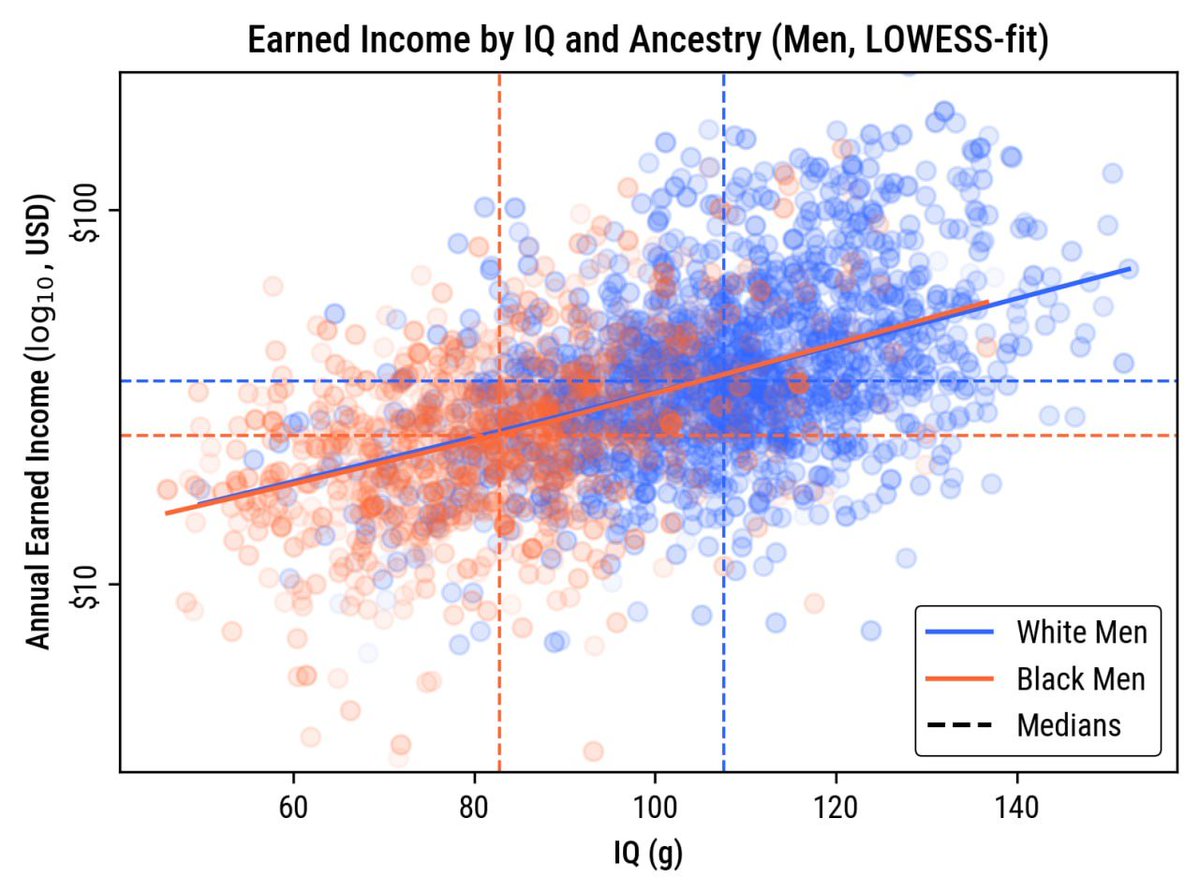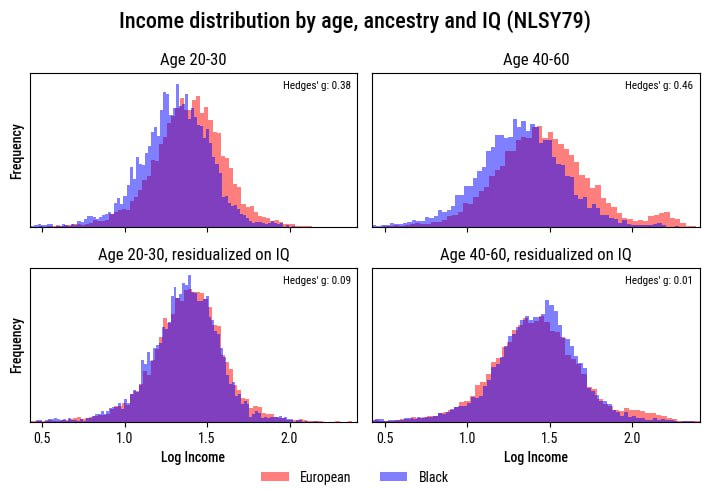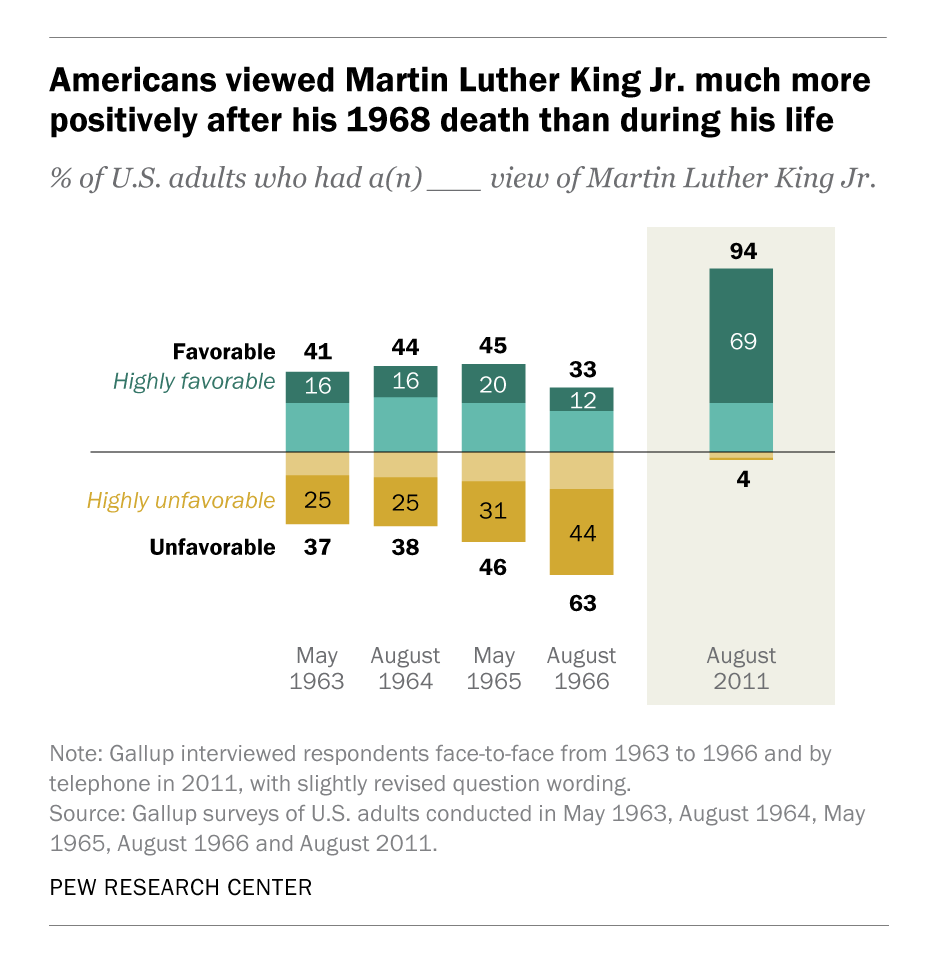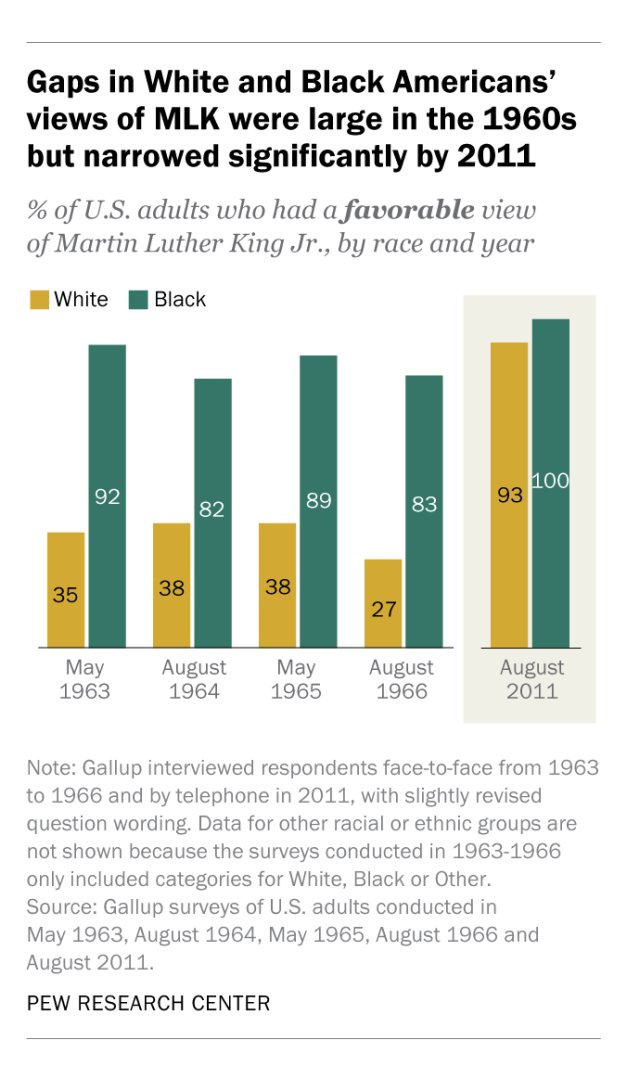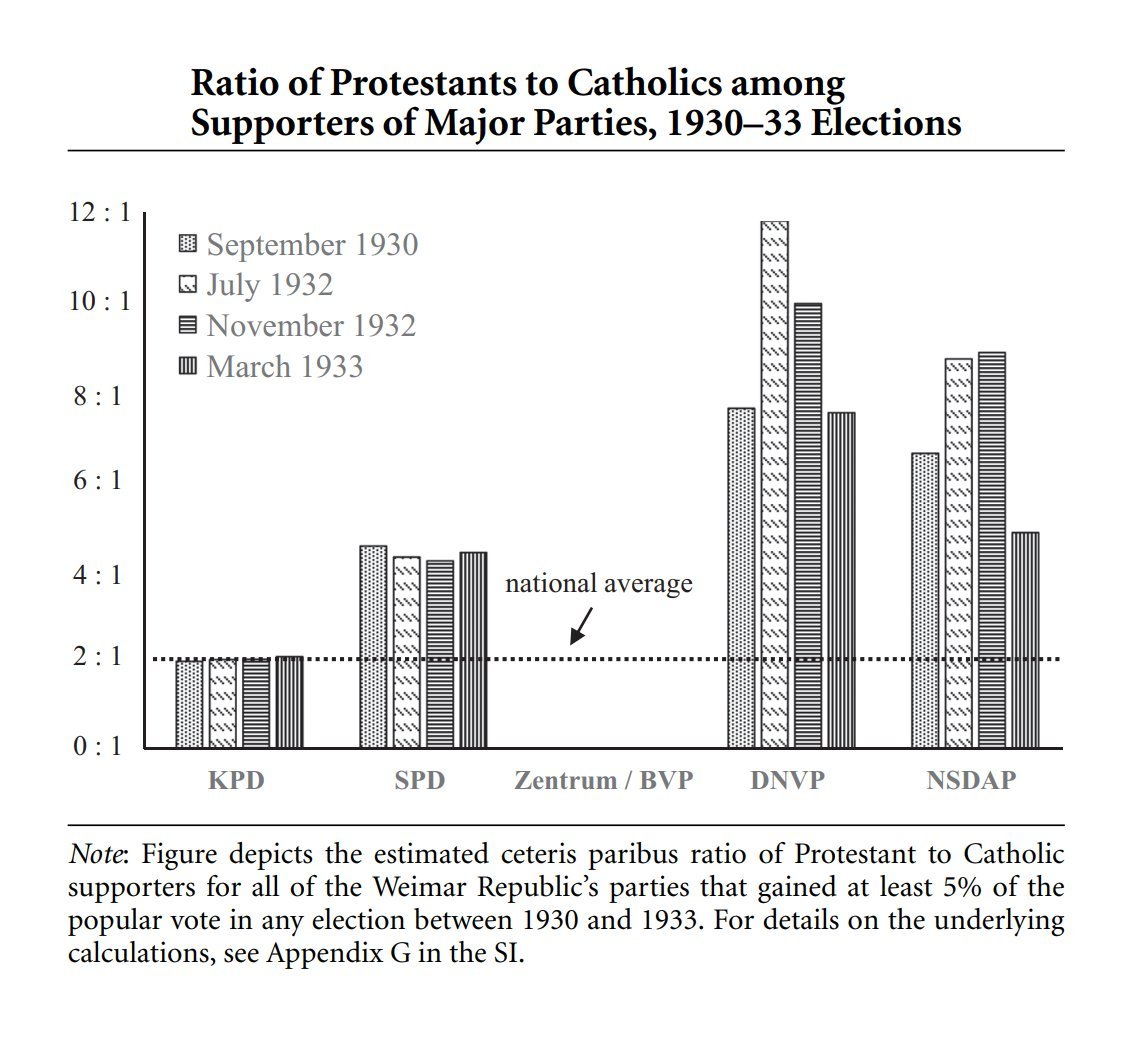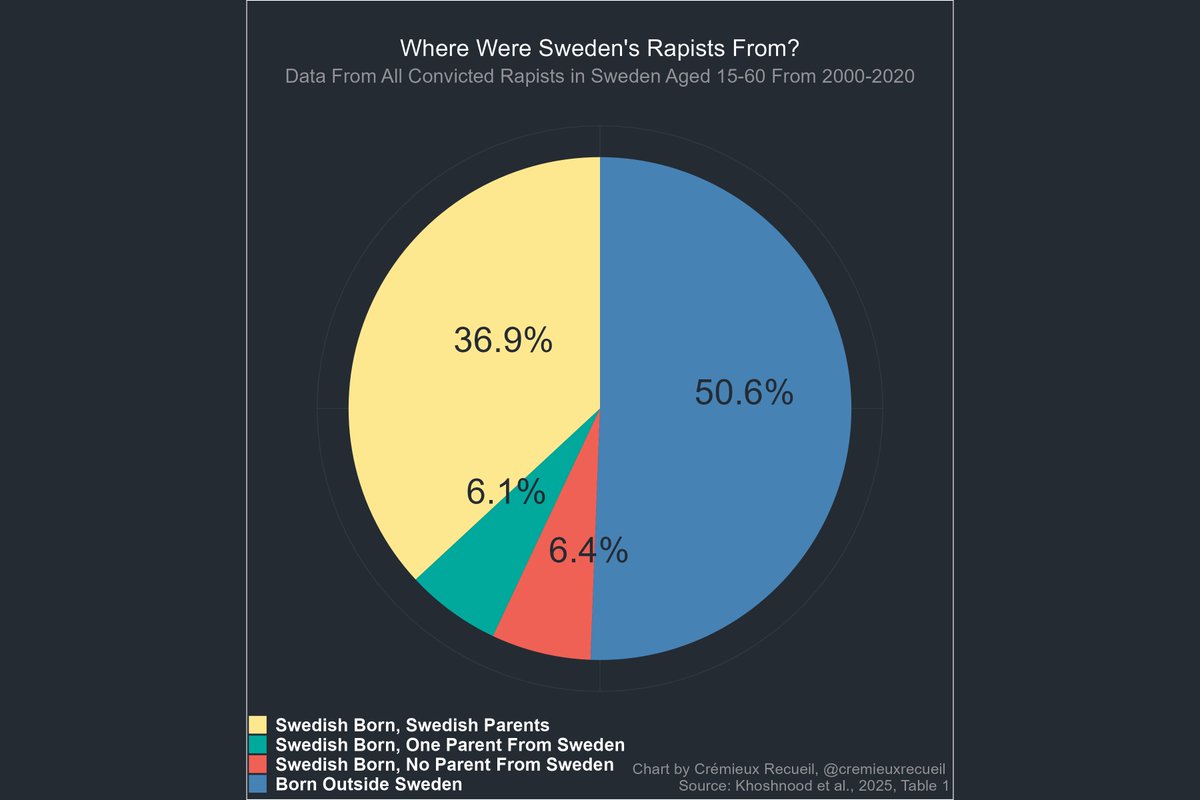Achievement gaps do not simply reflect geographic sorting.
This fact has been known for more than a century now, but some people still don't get it.
Short🧵
First: achievement gaps exist within the same schools.
This fact has been known for more than a century now, but some people still don't get it.
Short🧵
First: achievement gaps exist within the same schools.

When it comes to district-level family incomes by group, we see that intercepts differ.
In other words, even when lower-performing groups are wealthier, they tend to do worse than higher-performing groups.
In other words, even when lower-performing groups are wealthier, they tend to do worse than higher-performing groups.

If you're reading this, you probably know that this replicates the results for rearing household income (1/3):
https://twitter.com/cremieuxrecueil/status/1659419519427723264
Parental education (2/3):
https://twitter.com/cremieuxrecueil/status/1688303725767532544
And attained education (3/3):
https://twitter.com/cremieuxrecueil/status/1645694888216780801/
Consider Reardon, Kalogrides & Shores (2019). They found that even in districts where lower-performing groups had higher SES than Whites, they still tended to perform worse.
In this picture, 79% of the mean Black-White gap is independent of SES. At the metro level, 62% was.
In this picture, 79% of the mean Black-White gap is independent of SES. At the metro level, 62% was.

It is a pernicious myth that test scores and achievement gaps are mere reflections of geography and that geography plays a major causal role in test scores.
The truth is that their association primarily reflects selection.
The truth is that their association primarily reflects selection.
I neglected to mention this: results from Moving to Opportunity suggest no significant effects on test scores.
https://twitter.com/cremieuxrecueil/status/1641307946876370945
• • •
Missing some Tweet in this thread? You can try to
force a refresh







